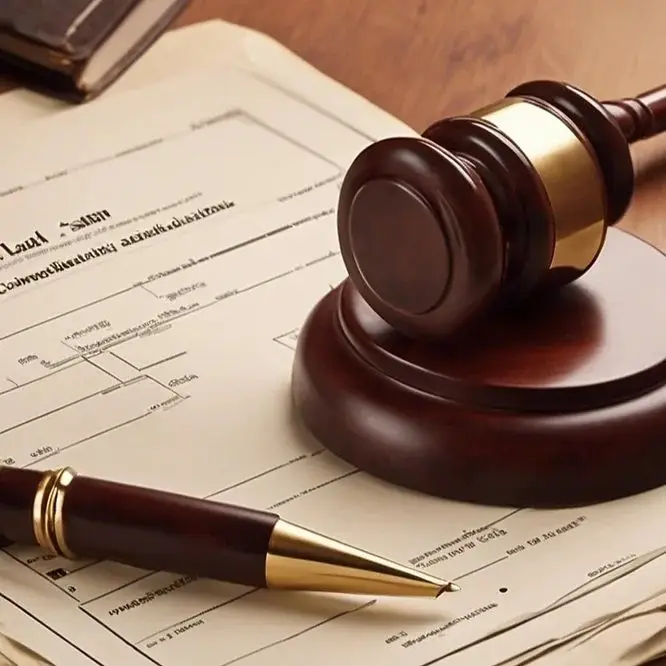Buying a farmhouse or a luxury villa is a big step, so making sure everything is legally sound is super important. Thanks to technology, checking property details is much easier now, even if you’re buying in places like Noida or Goa. Here’s a simple guide to help you verify everything before you invest.
What Info Do You Need to Start?
First, get the basics about the property you’re looking at:
- Full Address: Make sure you have the complete street, number, and area.
- Unique Land ID: This could be a Survey Number, Khasra Number, or Plot Number – it’s like the land’s ID card.
- Owner’s Name: The full name of who currently owns it, as per official records.
- Location Details: The specific district, sub-district (Tehsil/Taluka), and village or city.
Check Online Land Records
Most Indian states have online portals where you can find land records. These are great for your first checks:
For Noida (Uttar Pradesh): Head to the UP Bhulekh Portal (upbhulekh.gov.in). Here, you can find the Khatauni (which shows who owns the land and its size) and Khasra (a detailed map of the plot). You can usually search by land ID or owner’s name. You can also check the IGRSUP portal for past sale details. For Goa: Visit the Directorate of Settlement & Land Records (DSLR) Goa website (dslr.goa.gov.in) or Goa Online (goaonline.gov.in). Here, you can check Form I & XIV (for village lands) or Form D (for city lands), plus Property Cards that show ownership. You can also see if the ownership records have been recently updated.
Essential Documents You Must See
Beyond online checks, you need to see certain paper documents:
- Title Deed / Sale Deed: This is the most important paper, proving who owns the property and tracing its ownership history. Make sure the seller’s name matches and there are no missing links in who owned it before.
- Encumbrance Certificate (EC): Get this from the Sub-Registrar’s office (sometimes online too). It shows if the property has any unpaid loans, legal cases, or other issues against it for a certain period. You want a “Nil Encumbrance Certificate,” meaning it’s clear.
- Mutation Records: This paper shows that the change of ownership (after a sale or inheritance) has been officially updated in government land records. It’s key for property taxes to be in the new owner’s name.
- Property Tax Receipts: Ask for recent receipts to confirm all property taxes are paid up. You don’t want to inherit someone else’s unpaid bills!
- Building Approvals (for built properties): If you’re buying an already-built villa or farmhouse, make sure the construction was approved by local authorities and has an Occupancy Certificate (OC), which means it’s safe to live in.
- RERA Certificate (for new projects): If you’re buying from a developer, check if the project and the developer are registered with RERA (Real Estate Regulatory Authority) for that state (UP RERA or Goa RERA). This adds a layer of safety.
Visit the Property & Get Legal Help
Visit the Site: Always go and see the property yourself. Check the boundaries, size, and how to get there, making sure it matches what the documents say. Hire a Lawyer: For a big purchase like a farmhouse or villa, it’s really smart to get help from a property lawyer. They can carefully check all the documents, look for any hidden problems, and guide you through the whole buying process legally.
By following these steps, you’ll be much more confident and secure in your investment with SYAMAH PROPBUILD LLP.

